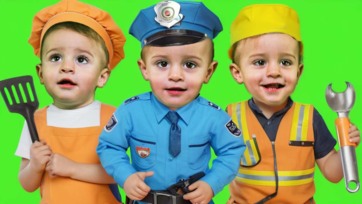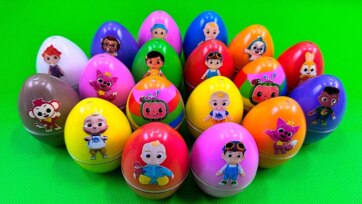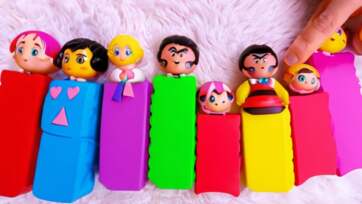The Best Toys That Bring Joy and Growth
Toys have always played a central role in child development. They don’t just offer entertainment — they help children learn, grow, and discover the world around them. As technology evolves, more and more creative toys appear on the market. But which ones truly stand the test of time? In this article, we highlight five toys that not only remain popular but also add real value to a child’s life.
1. Montessori Wooden Toys
Inspired by the principles of the Montessori method, these wooden toys are not only beautiful but also promote fine motor skills, problem-solving, and independence. With their simple shapes, natural materials, and soft colors, they are a perfect choice even for the youngest children.
2. Kinetic Sand – The Magic of Touch
Kinetic sand captivates children with its soothing, moldable texture that never dries out. It encourages creativity while improving hand coordination and offering a calming, sensory experience. It’s a perfect blend of fun and relaxation.
3. Slime Kits
Slime is one of the biggest hits of recent years. A slime kit lets children create their own colorful, glittery, scented, or glowing slimes. It's not just fun — it also introduces kids to basic chemistry and provides a rich sensory experience.
4. 3D Puzzles – A Challenge for the Mind
Three-dimensional puzzles allow kids to build intricate models, enhancing spatial awareness, logic, and patience. Whether it’s a world-famous landmark or a fantasy creation, the end result is always impressive and satisfying.
5. Nintendo Switch – Smart Fun
The Nintendo Switch is a brilliant example of how digital gaming can be safe, educational, and fun for children. With many child-friendly games like Super Mario Odyssey or Animal Crossing, kids can enjoy interactive adventures that foster creativity, strategic thinking, and teamwork.
In Conclusion
The best toys are not necessarily the newest or the most expensive. The toys that leave a lasting impact are those that develop the mind, body, and spirit. Whether it’s wooden toys, magical sand, or a video game console — the most important thing is that the toy brings joy and adds value to a child’s life.




